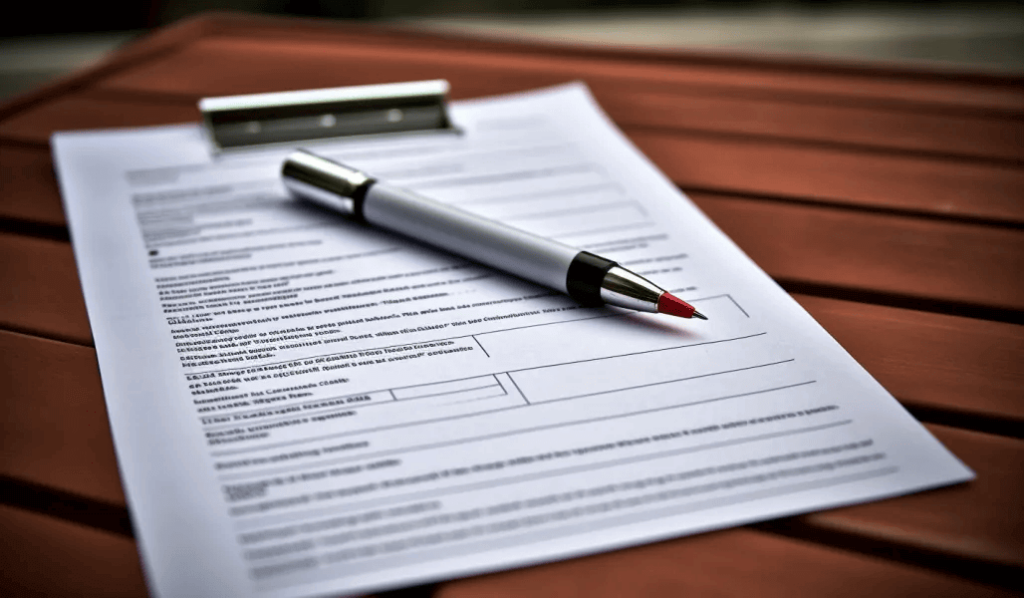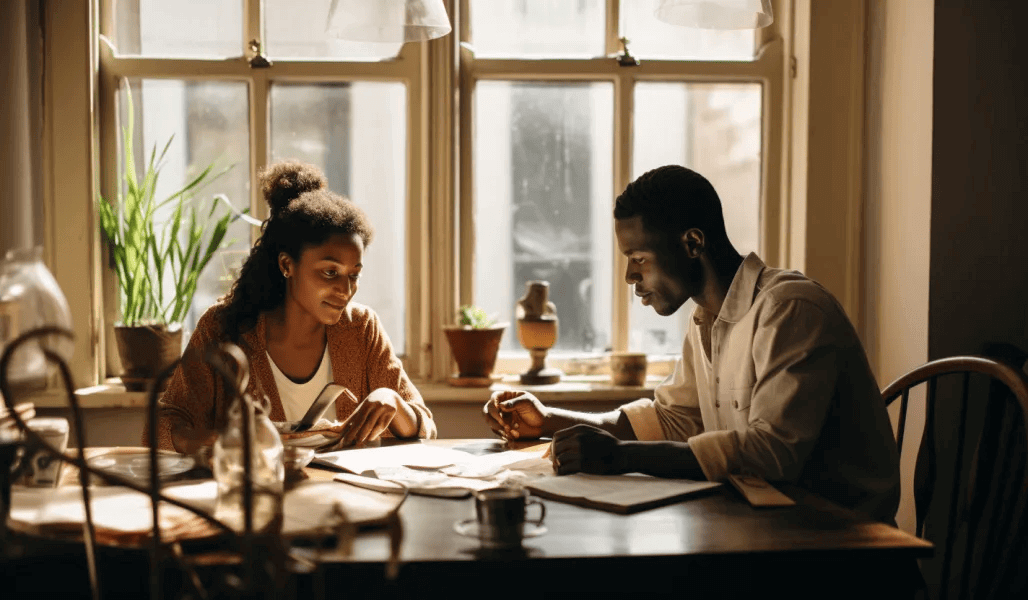- Creating a checklist with all your must-have features will save you from regretting your home purchase.
- Due diligence is mandatory when buying a house.
- The average age range of new home buyers is 35-40 years.
Owning a home is a huge achievement, especially since it takes most individuals years of saving to afford a down payment. By the time most people are ready to buy a house, they already have a family and need to consider their family needs when buying a home.
And if the budget is at play, you must also consider the compromises you must make. That said, since buying a home is expensive, you need to ensure you get it right first so you do not have regrets after moving into your new house.
Do not worry; consider this a beginner’s home purchase guide.
Table of Contents
What Factors Should I Consider When Choosing a Location for My First Home?
While location is the most reflected factor when buying a house, you must also consider other factors when buying your first home. Below is a home-buying checklist for beginners.
Amenities and Facilities
Accessing your neighborhood is important as you need to ensure you can maintain, if not improve, your quality of life. Consider the security, entertainment, parks, recreational facilities, and other amenities that you would want to be able to use.
Buying a home is a huge investment, and you owe it to yourself to ensure you get some amenities that will play a key role in enhancing your living experience.
Accessibility
It is important to assess the proximity of your new home to amenities such as your children’s school, hospital or medical clinic, supermarkets, malls, and main roads. If you do not own a car, ensure you can access public transport for convenient commuting.
Property Type and Size
Start by deciding whether to buy an apartment, a detached mansion, or a stand-alone mansion. Then, list all the essential factors and a must-have in your house. These should include the number of bedrooms and bathrooms, kitchen size, yard size, or balcony size for apartments, etc.
If you are still planning to expand your family, ensure you consider this. Also, consider parking space and other factors essential for your day-to-day living, such as a dining room, pantry, laundry area, study room, home office, and so on.
Create a checklist of your must-have features. You can use it to evaluate listings once you start looking at houses to avoid getting overwhelmed when viewing listings.

Budget and Affordability
As a first-time home buyer, err on the side of caution when shopping for a house. Do not use all your savings to buy a house. Set aside money for emergencies and impromptu repairs. The last thing you want is to live in a house with issues because you cannot afford to pay for repairs.
READ ALSO: How to Save Money for a Home Down Payment
You may also incur extra expenses, such as increased utilities and installation costs. Ensure you can pay for these unexpected expenses as well.
READ ALSO: Buying a House: Are You Aware of These Hidden Costs?
If need be, consult a financial advisor to determine the right path financially when buying your first home.
READ ALSO: 5 Benefits of House Hunting Websites
What Are the Essential Steps in Buying a Home for The First Time?
Now that you have decided what you want, you must start shopping for a house. These are the key steps to buy your first house;
- Gather intel on potential neighborhoods you want to live in and shortlist your preferred location.
- Go to site visits to evaluate the houses in the neighborhoods to see what you can get within your budget. Use online real estate listing portals and developer websites to narrow your search and find property listings.
- Use your checklist to weed out properties that do not meet your needs.
- Once you have narrowed down the list, discuss the listings with your family and settle on a final house. Then, hire a professional to inspect the house if it is an old listing to ensure it is not falling apart.
- Do your due diligence to ensure the seller has the right to sell and the listing is legitimate. Also, check to see if you are being overcharged by comparing the price with other listings with similar features in the area.
- Then, request the listing agent for an offer letter if it is a new listing or make an offer to the seller for pre-owned houses.
What Should First-Time Homebuyers Know about the Home-Buying Process?
Buying a house is a long process. You cannot pay for a house today and move in tomorrow, especially if you are a mortgage buyer. Take this into consideration when planning your move. Hold off from notifying your landlord until you have the keys to the new home.
Use our Free Mortgage Calculator – Calculate Your Home Loan & Monthly Payments
You should also ensure the seller gives you all the legal documentation to authenticate the sale. You should also pay via a verifiable payment method that leaves a paper trail. Refrain from paying cash for your home because you cannot prove you paid for the house.
Lastly, do a walk-through before the handover to ensure the house is maintained if that was part of the deal when you were buying the house. For new houses, ensure the house is completed as the developer states.
READ ALSO: A Beginner’s Guide to Mortgages When Buying a House



